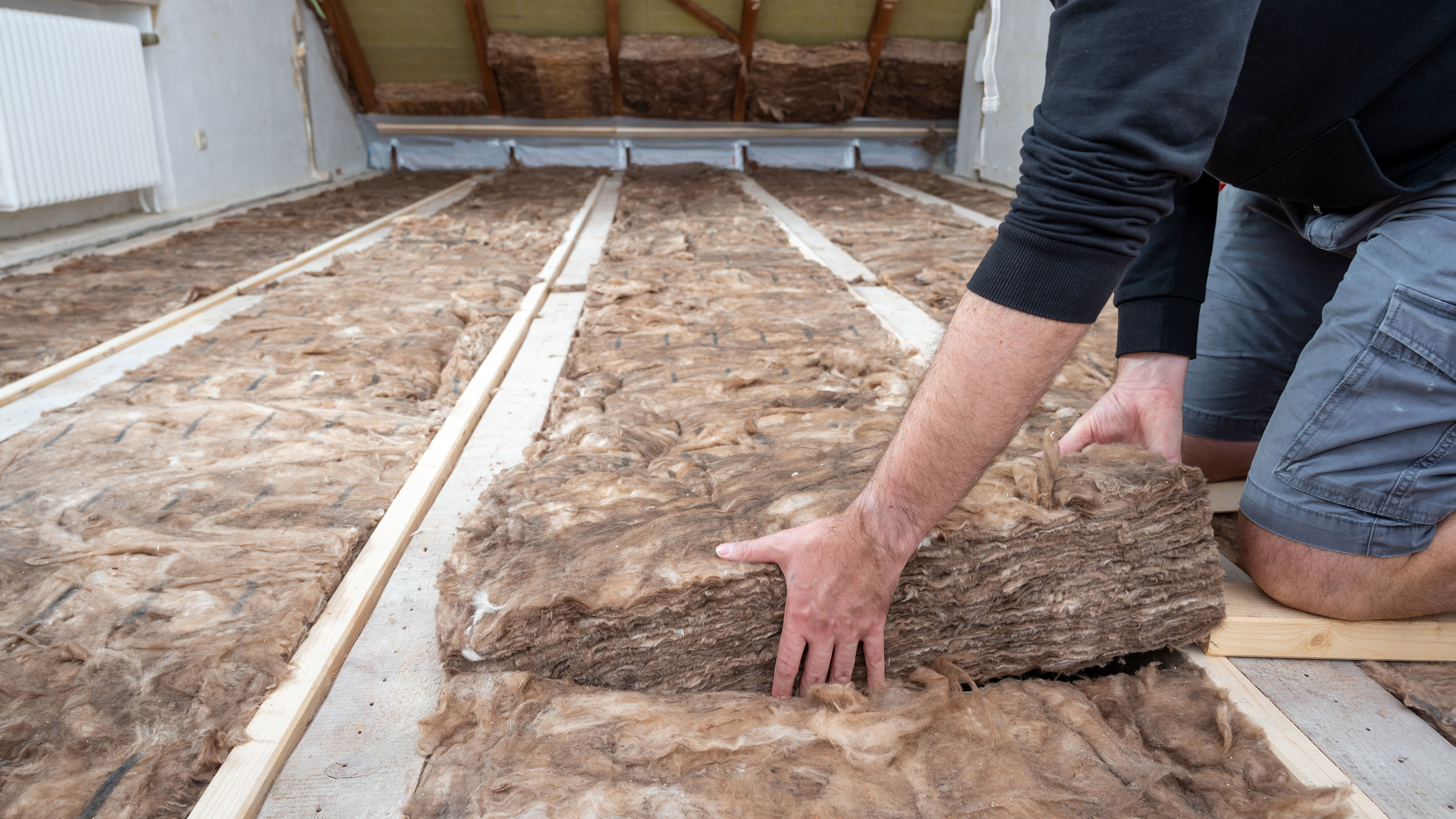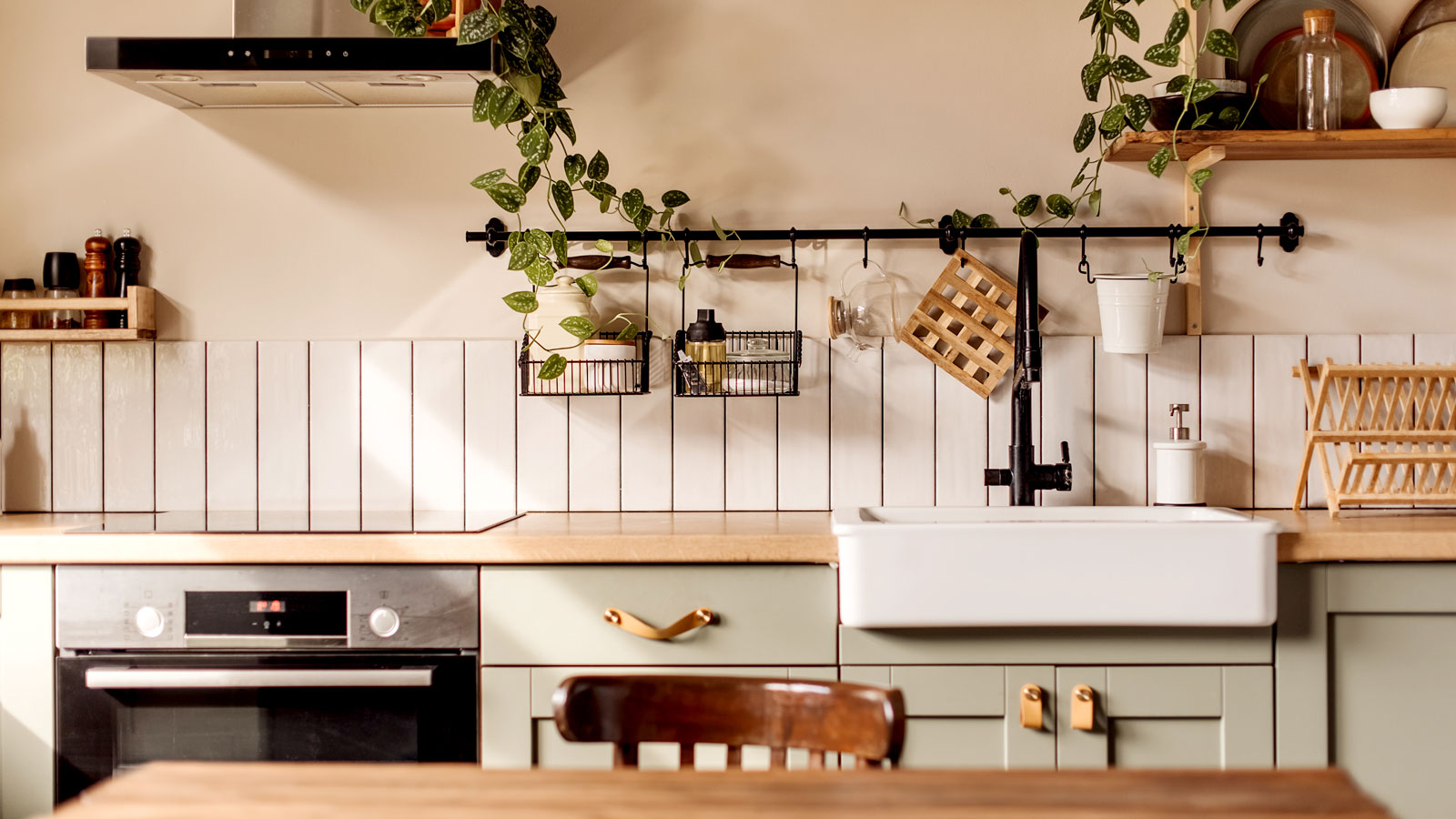
Bring your dream home to life with expert advice, how to guides and design inspiration. Sign up for our newsletter and get two free tickets to a Homebuilding & Renovating Show near you.
You are now subscribed
Your newsletter sign-up was successful
The average cost of retrofitting a home to be more energy efficient and reduce energy bills is an estimated £69,000, according to a new study.
The figure will be a blow for those pushing for a national retrofit strategy, as it is more than double the government estimate of £30,000 per home.
Researchers at the University of Nottingham, funded by the UK Government, assessed a total of 224 properties across Nottingham to assess the decarbonisation of the city’s existing housing stock to help reach its carbon neutral targets by 2028. and the UK as a whole by 2050.
The properties included bungalows, end-of and mid-terraced houses, as well as semi-detached homes.
Where does the £69,000 figure come from?
The energy-efficiency works on the properties included external wall insulation, window replacement, solar panel and battery installation, removal and reinstatement of roof coverings and insulating the roof space, buying and installing an air source heat pump, ventilation, and the replacement of gas boilers.
The actual overall cost of deep retrofit for the above social housing properties varied from £38,000 to £114,000, with the average being £69,000.
The estimates for retrofit of private properties varied between £68,000 and £86,000.
Bring your dream home to life with expert advice, how to guides and design inspiration. Sign up for our newsletter and get two free tickets to a Homebuilding & Renovating Show near you.
Professor Lucelia Rodrigues, project lead and Professor of Sustainable and Resilient Cities at the University of Nottingham, said: “We’ve discovered that the cost of ‘deep retrofit’, retrofitting a home to the highest levels of energy efficiency, is at least double the expected amount – averaging around £69,000.
"We’ve also learned that, for most homes, it is both more cost and carbon-effective to first improve the building’s fabric before electrifying heating.
“Additionally, the study has revealed that 14,539 no-income Nottingham homes could mistakenly not be considered as fuel-poor. This means that these have been missed from the government’s current estimates that suggest the total number in Nottingham to be in the region of 35,000.”
What was the aim of the research?
The findings come from the ‘Nottingham Carbon Neutral Housing: Cost vs Carbon Retrofit Roadmap’ project, which received £350,000 from the UK Government as part of the UK Community Renewal Fund.
Led by the University of Nottingham, the project has seen the development of a retrofit roadmap to inform the decarbonisation of the city’s existing housing stock to help reach its carbon neutral targets by 2028; and the UK’s by 2050.
According to the London Energy Transformation Initiative, residential buildings represent 22% of the country’s total greenhouse gas emissions.
Around 80% of buildings that will form the UK’s future housing stock have already been built, with the vast majority being completed before the introduction of building regulations that established minimum targets for energy efficiency and greenhouse gas emissions in the 1990s.
Councillor Sally Longford, Portfolio Holder for Energy, Environment and Waste Services at Nottingham City Council, added: “Through our experience with whole-house retrofit projects, we could see that the UK government’s estimate of £30,000 per household would not be sufficient to fully future-proof homes in the city in line with net-zero standards.
“Much of the city’s housing stock was built before 1990 – with poor insulation and fossil-fuel based heating being widespread – so it is vital that we’re able to roll out retrofit projects at scale if we are to reach our ambitious target of being a carbon neutral city by 2028.
“I hope this research will encourage the government to commit to providing long-term funding for retrofit schemes.”
Sam is based in Coventry and has been a news reporter for nearly 20 years. His work has featured in the Mirror, The Sun, MailOnline, the Independent, and news outlets throughout the world. As a copywriter, he has written for clients as diverse as Saint-Gobain, Michelin, Halfords Autocentre, Great British Heating, and Irwin Industrial Tools. During the pandemic, he converted a van into a mini-camper and is currently planning to convert his shed into an office and Star Wars shrine.

